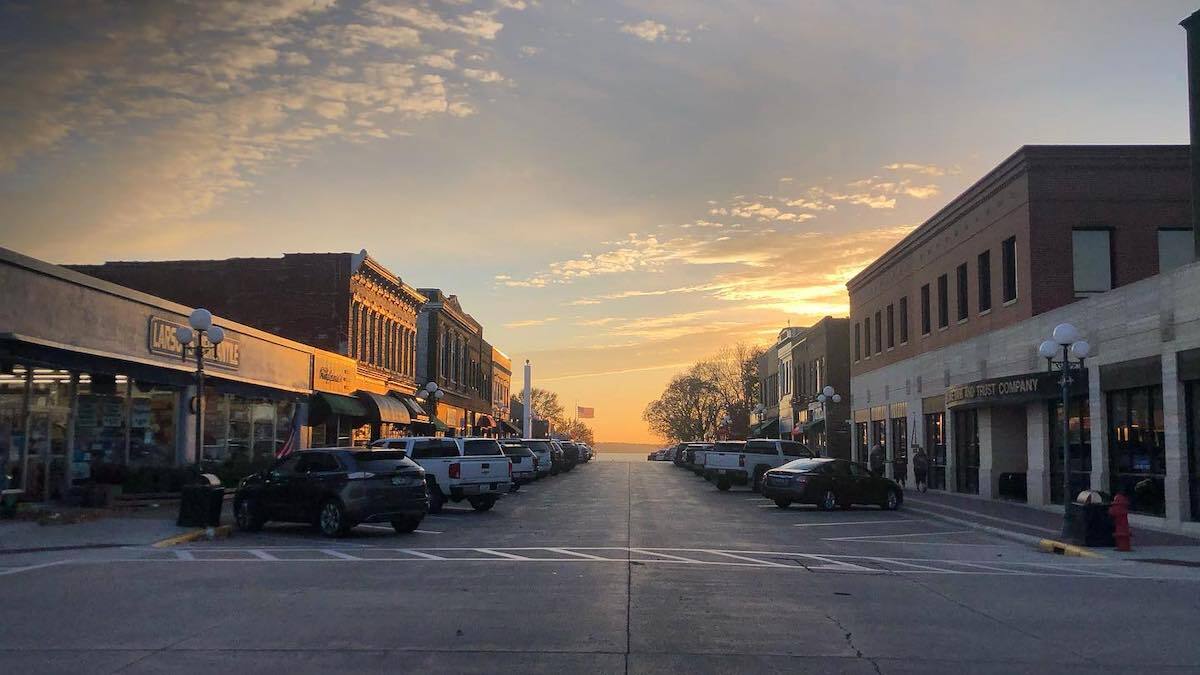Clear Lake, Iowa, Main Street | Clear Lake, Iowa/Facebook
Clear Lake, Iowa, Main Street | Clear Lake, Iowa/Facebook
The Clear Lake City Council recently approved a new maximum levy rate.
On Feb. 20, Iowa Gov. Kim Reynolds signed Senate Bill 181 into law, making permanent the rollback fix for the state’s error in property tax numbers two years ago, a news release from the state said. The legislation means the assessment limitation for residential property will drop from 56.4919% to 54.6501%, and the deadline for cities to file their annual levies is delayed until April 30. While this does mean some tax relief for many property owners throughout the state, municipalities are questioning how they will be able to sustain their budgets and services in an already tight economy. Many of the proposed amendments attempting to provide relief for cities—either through spreading out the adjustment over several years or using the state’s surplus to cover this year’s adjustment—failed to be passed with the bill. Practically all cities will have to totally rehash their budgets to make cuts and fit within the new constraints.
During its March 6 meeting, the city council held a public hearing to determine the maximum amount for the annual tax levy. The council took advantage of the extended deadline and delayed the hearing to ensure that the new budget would be in order under the new limitations. Finance Director Creighton Schmidt introduced the maximum levy, saying that the change would not impact finances or change plans for levy amounts too dramatically.
"That made approximately $200,000 of impact to our revenue," Schmidt said in the meeting. "It won't significantly change what we've set forth in our budget. So all the expenditures and everything that we've looked at should remain basically the same, and we'll just have an impact to our year-end cash balances."
The City's maximum levy amount is actually increasing by 13.66% compared to last year, but most of that is due to increased property values and not increased rates. The proposed levy rate is actually a decrease from 9.7% to 9.65%. The maximum levy amount will be approximately $6.5 million, which is a decrease from the previous year. This is not the final levy amount, as the actual levy rate will be determined near the end of March to be submitted before the April deadline.
There was no opposition from citizens during the public hearing, and the council approved the proposed maximum levy rate.


 Alerts Sign-up
Alerts Sign-up